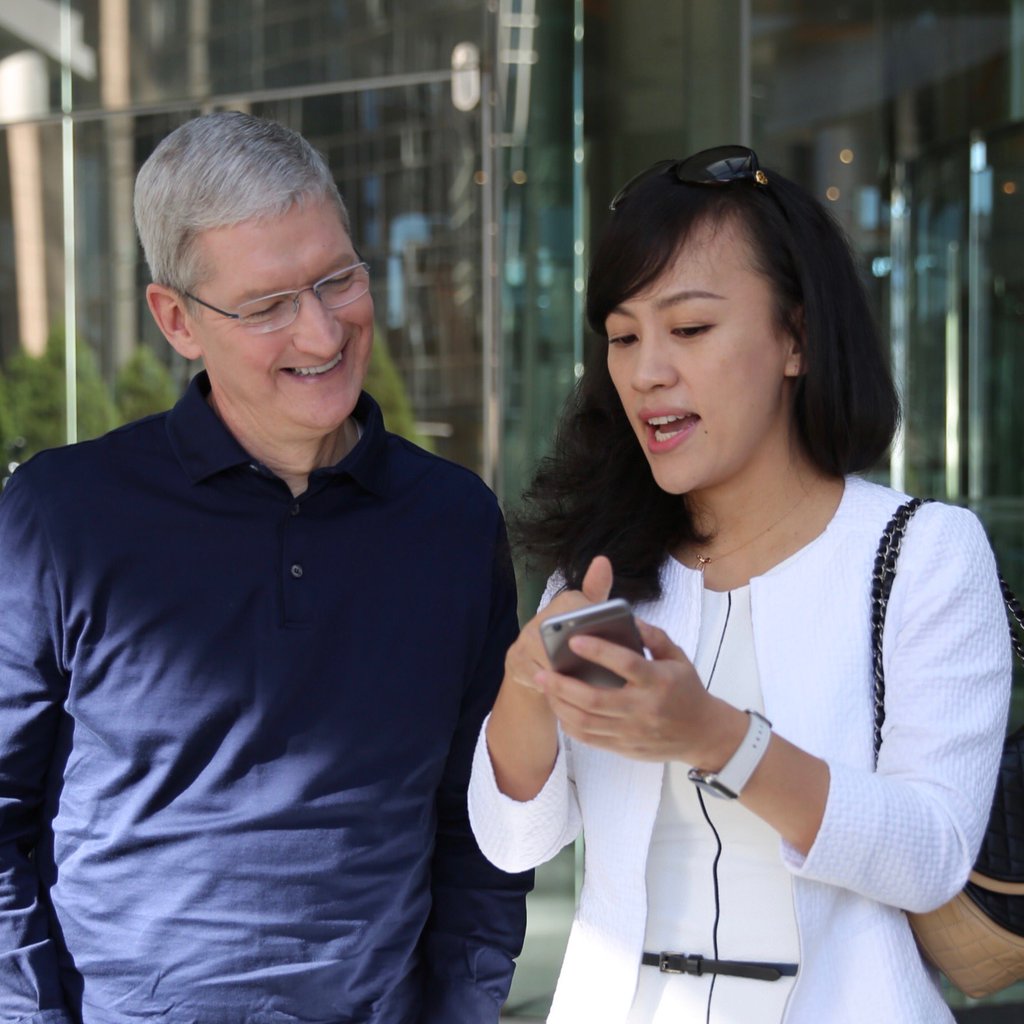
Apple Inc’s billion-dollar investment in Chinese ride-sharing company Didi Chuxing, is huge – not in terms of the dollar value, which stands as the second biggest investment by Apple after the company bought Beats Electronics for $3 billion, but in terms of setting the future path for Apple.
Apple today is not the same as the Apple of the 00s. For the first time in Apple’s history, iPhone sales dropped – during the second quarter of 2016. In Q2-2016 iPhone sales was down by 16.3% compared to the same period last year. There has been no pathbreaking product from Apple for some time now, and most of their products launched after Steve Jobs’ untimely exit were incremental additions.
Even the mobile phone market is not as the same as before. The prolific growth the industry witnessed in the last ten years is not something that can go on forever. At this point of penetration that the mobile industry has reached, it’s only a matter of time before the only new phones sold will be to people who are upgrading or changing brands.
Apple has been approaching that point with every passing day. The Chinese market for iPhone has helped the company immensely but that, too, cannot last forever – as the recent slump has shown. To add insult to injury, India dealt a heavy blow with a blunt instrument (probably an iPhone) to Apple’s plan of flooding the country with refurbished phones. It would have made iPhones more affordable to the average Indian, but the government wasn’t having any of it.
So, it’s clear Apple has been searching for revenue drivers that can help the company move forward – and the Didi Chuxing investment is a loud and clear announcement from Apple that the company is hunting for such drivers. Though the investment looks like Apple wanted to get its hands on the ride-sharing market and thereby compete with Uber, Didi offers plenty more to the Cupertino-based giant.
The Real Apple They’re After
Didi Chuxing has nearly 300 million users and 14 million drivers – a huge data mine for a company like Apple. The partnership with Didi Chuxing will allow Apple to exploit its strengths in the mobile ecosystem, but outside the devices segment.
For example, Apple maps could someday become the de facto source for ride sharing companies, while Apple Pay could become the preferred payment system to help make the ride happen. At the same time, iOS apps can seamlessly integrate into that ecosystem to facilitate even more benefits to users and providers alike. As a result, this will push a huge amount of data back to Apple for further application.
As of now, Apple has not made their intentions with automobiles public – as is their habit with iPhone launches. However, this acquisition could be their point of entry into the massive driverless car market of the future. Didi Chuxing could well be the first date in Apple’s highly speculated marriage with the automobile industry.



